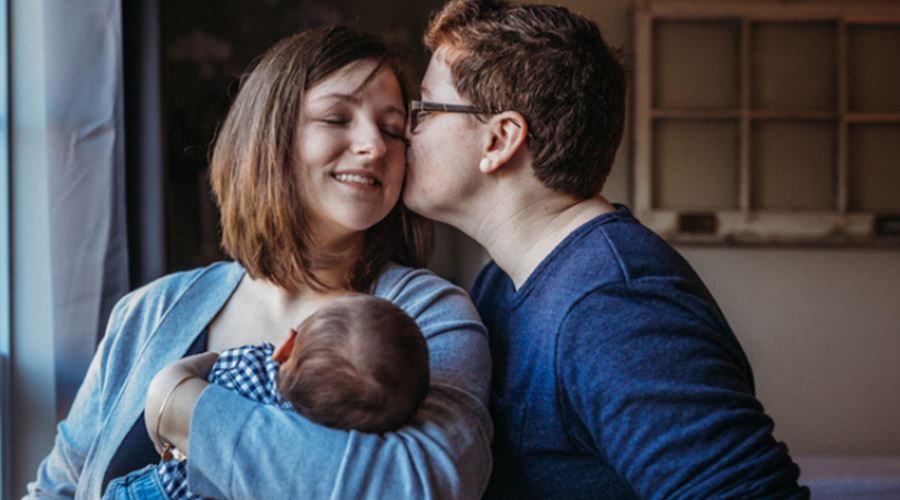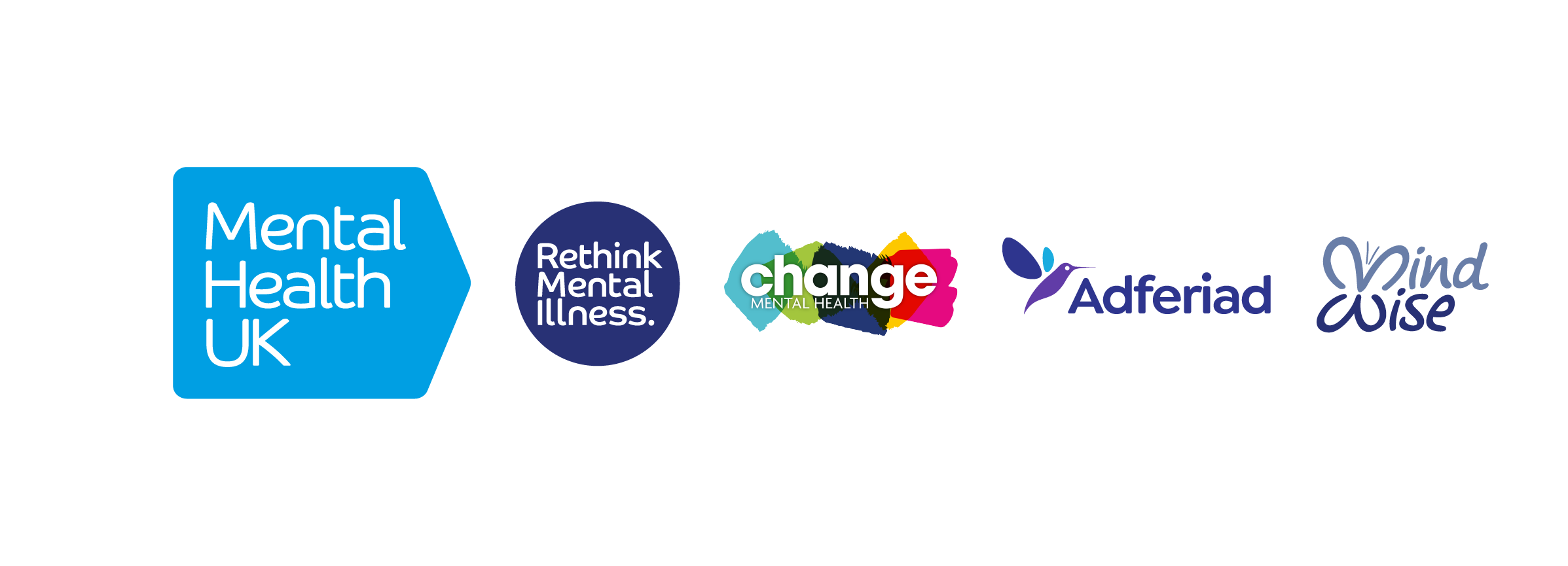- Home
- Info & Support
- Current: What Is Mental Illness?
Do you need urgent help?
If you need to speak to someone right now, here are some confidential options which provide 24/7 support. If you're worried you might hurt yourself or someone else, please call 999, or go to your nearest A and E.
Childline
Helps anyone under 19 in the UK with any issue they’re going through. Childline is free, confidential and available any time, day or night.
0800 1111Samaritans
24 hours a day, 365 days a year. You don't have to be suicidal to call us
What Is Mental Illness?
We all have mental health. It can help to think about it like physical health. We can do things to look after our physical health. But sometimes we just get ill, or something happens to us that makes our physical health worse. It’s very similar to mental health and mental illness.
We all have mental health. It can help to think about it like physical health. We can do things to look after our physical health. But sometimes we just get ill, or something happens to us that makes our physical health worse. It’s very similar with mental health and mental illness.
What is mental illness?
We can all be affected by mental illness. The media can make us think that only certain types of people get mental illnesses. But nearly a third of us have had concerns about our mental health in the last year.
Different people are affected in different ways. Some of us are given a diagnosis. Others don’t have a diagnosis but they do have symptoms and experiences that make their lives feel difficult to cope with. Some people have both. Over the course of our lives we may have different diagnoses and symptoms.
What causes mental illness?
Mental illnesses are probably caused by a combination of different factors. Research has suggested certain things that might make you more likely to have a mental illness. Some of us might be more affected by these factors than others.
Do childhood experiences cause mental illness?
If we experience abuse, trauma or neglect in childhood, we may be more likely to get a mental illness. We may see signs when we are young, or we may not develop a mental illness until we are a teenager or an adult. Some conditions, such as personality disorders, are thought to have a link to childhood trauma and neglect. Read more about personality disorders.
Do difficult or traumatic events cause mental illness?
Experiencing abuse and/or significant trauma as an adult can make us more likely to experience mental illness. For example being the victim of violent crime, being in military combat or fearing for your life.
What about other life events?
Other things that might make us more likely to experience poor mental health are bereavement, periods of high stress, unemployment, homelessness and not having much money. Being lonely and isolated and taking drugs or drinking alcohol may also have an effect.
A lot of these things are linked.
For example, if you live in a rural area you might not have a job, so you don’t have much money and feel stressed and lonely which means you also drink a lot of alcohol. Some of us in this situation might develop a mental health problem – but not everyone.
Being able to stay well during difficult times is sometimes called ‘resilience’. Lots of factors can affect how resilient someone is. Some people think that we can learn to be more resilient by improving our wellbeing, building our social connections and learning new ways to cope. Recovery can include learning to be more resilient.
Factors like your diet and the amount of sleep you get might make a difference, but they are very unlikely to cause mental illness on their own.
Does mental illness run in families?
For some mental illnesses (for example schizophrenia), having a family member who has a mental illness means we are more likely to have it ourselves. This might be because of something to do with our genes. It might be because of the environment we grow up in.
Having parents or grandparents who have experienced trauma can make us more likely to experience mental illness ourselves too. This is likely to be because of how it affected them and the environment we grew up in. This is called, “intergenerational trauma”.
Does brain chemistry or biology cause mental illness?
Some research suggests that the balance of chemicals in your brain (for example serotonin or dopamine) might make a difference. Medication for mental illness changes the balance of chemicals in the brain – but they don’t work for everyone.
More research is needed to understand the causes of mental illness in more detail. Our myths and facts page explains a bit more about some of the things we do know.

Are there other ways to think about my experiences?
There are lots of different ways to understand health and mental illness. Some of us feel more comfortable talking about feeling stressed or overwhelmed. You might have your own words to talk about hard times and difficult emotions. Some of us might have experiences that feel positive - for example hearing comforting or supportive voices. It might feel frustrating or unhelpful if other people say this is a mental illness.
Who is most at risk of developing mental illness?
Some groups of people are more at risk - and there are times in our lives when we are more likely to get certain mental illnesses.
When am I most at risk?
Our first experiences of depression, anxiety disorders, eating disorders or psychosis are often when we are teenagers or young adults in our early twenties. This may be partly because of the changes and pressures we experience during adolescence.
New parents are more at risk of mental illness. Women who have depression, schizophrenia and/or bipolar disorder before they get pregnant or have a baby are more likely to get postnatal depression or post partum psychosis. Our Family Wellness Project has more information and support.
As we get older, our experience of mental illness is more likely to be an old problem coming back, rather than something new. However, experiencing things like bereavement, unemployment or a traumatic event can increase our risk of developing a mental illness.
Older people living in care homes or those who have a stroke, heart disease, cancer, Parkinson’s and Alzheimer’s disease are more likely to experience depression.
What groups are most at risk?
Some groups are more at risk of developing a mental illness. This might be because people in these groups are more likely to experience trauma, discrimination, isolation or high levels of stress. Some of us are in more than one of these groups.
- If you are a refugee or an asylum seeker, you may be more likely to experience depression, PTSD or anxiety disorders. This may be because of trauma you have experienced, or because of problems faced while seeking asylum.
- People in the Irish Traveller community are more at risk of suicide.
- If you have a learning disability, you may be more likely to experience symptoms of common mental health problems.
- If you have a physical disability you may be more at risk of mental illness. Mental illness also increases the risk of physical health problems.
- If you are lesbian, gay, bisexual and/or transgender you may be more at risk of developing a mental illness. This might be partly because of experiences of discrimination, isolation and homophobia.
- If you care for someone with a mental or physical illness, you may be more at risk of experiencing mental illness yourself.
- If you or one of your parents experiences domestic violence or abuse, you may be more likely to experience mental illness.
Even if you are not in these groups, you might experience mental illness at some point in your life.






